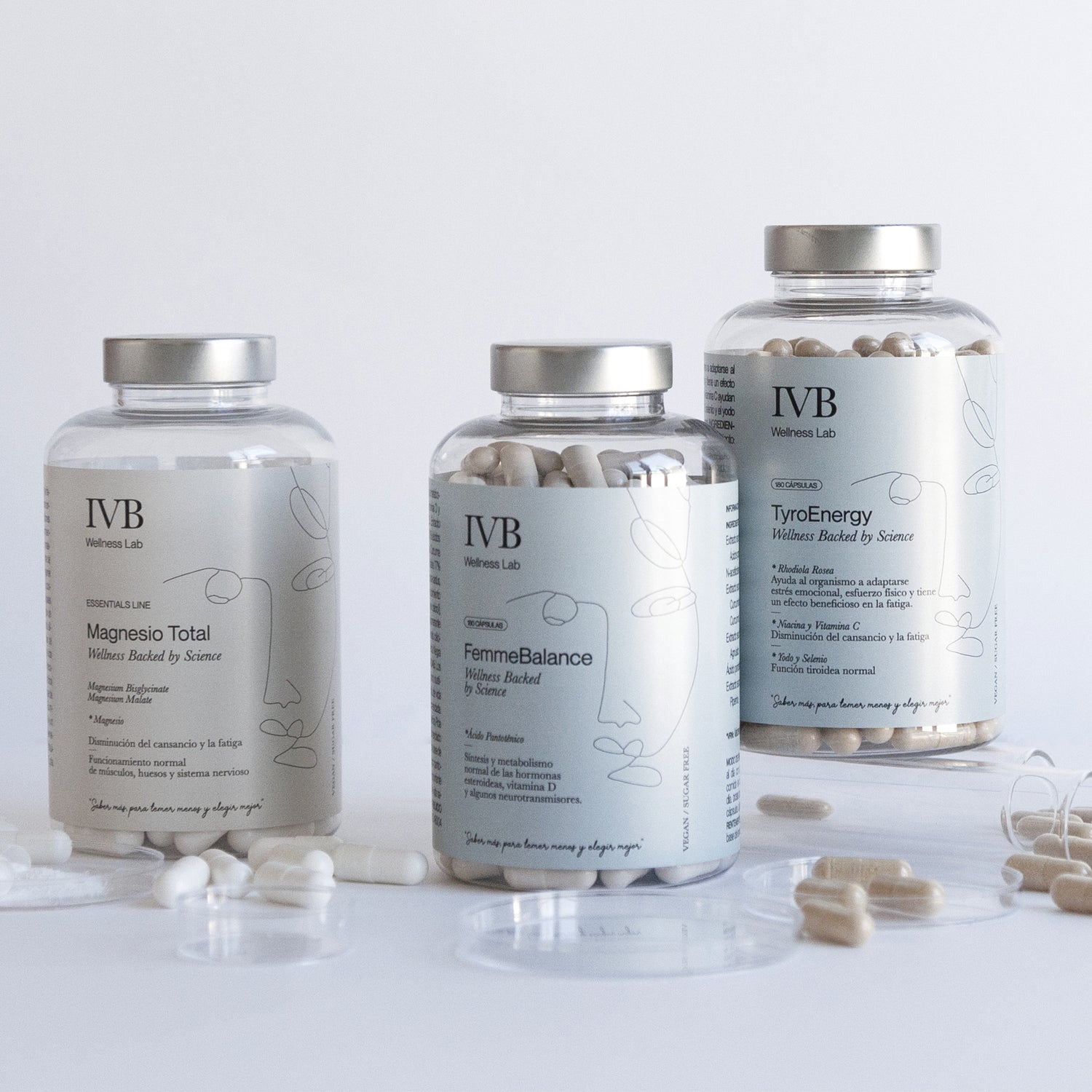AlthoughIts main role is structural—participates in the formation of proteins and collagen—, in recent decades clinical trials have been published that study its possiblepositive effect on sleepandcardiometabolic parameters.
How does it work?
- Sleep regulator: It acts as a messenger in the central nervous system, promoting relaxation and helping to lower body temperature during the night, which facilitates deeper rest.
- Cardiometabolic health: Strengthens cellular protection against damage (oxidative stress) and, in people with metabolic syndrome, helps lower blood pressure.
- Clear mind upon waking: Improves the subjective feeling of clarity, energy and less fatigue after sleeping.
Benefits according to science
Improved sleep quality
Some studies have shown that taking glycine before bedtimeimproves sleep quality,without causing residual drowsiness the next day.
Another interesting benefit was found in the study by Inagawa and colleagues in 2006, which showed improvements in thefeeling of “mental clarity” and “energy”upon waking up after taking 3 g of glycine before bedtime.
Possible metabolic effect
In a randomized trial in 75 patients with metabolic syndrome, 15 g of pure glycine was administered daily for 8 weeks. At the end of the study, participants showed asignificant reduction in oxidative stress markers and a decrease in systolic blood pressure, without reporting any relevant side effects.
These results support the use of glycine as a supplement to improve cardiovascular and oxidative stress parameters in people with metabolic syndrome.
Pure glycine is anatural supplement, easy to incorporate and supported by trials that endorse its main benefits:sleep faster and more deeply, wake up with theclearer mindandimprove cardiometabolic healthin people with metabolic syndrome.
Finally, yoursecurity profileandtolerabilitymake it an interesting option within acomprehensive approach to health, always complemented with a balanced diet, exercise, and of course, always under theadvicefrom a healthcare professional.


La glicina actúa como un regulador del sueño y favorece la relajación.
Refuerza la protección celular frente al daño oxidativo.




